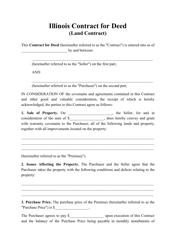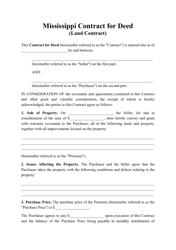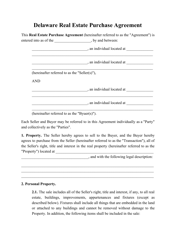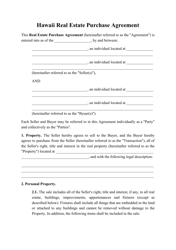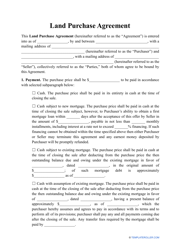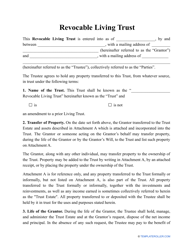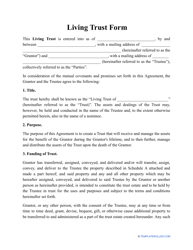How to Buy Land in the USA? Buying Land for Personal Use

Are you a foreign citizen living abroad and thinking about buying land in the USA to build the house of your dreams? Are you a previous homeowner planning on moving to a rural area or building from scratch in a new neighborhood? Whatever the circumstances may be, knowing the basic rules and recommendations related to land purchase is necessary for getting a great deal.
Buying Land for the First Time
If you have decided to buy land, you need to know what kind of property you want and what you will use it for. You might want to build a house, farmland, or create a business investment. Then, you must have a solid financial plan. If you cannot afford it, you might want to contact lenders specializing in land loans. This option is available for foreigners who wish to buy property in America. There are several alternatives:
- Construction loans. This is the most popular land loan aimed at buyers who have found the land and are prepared to build;
- Improved land loans. Those are used if the buyer is not ready to start construction for a few years but is already planning to build a primary or secondary residence on the land;
- Raw land loans. They are designed for the land without any improvements, including electricity and sewage. Usually, they are the hardest to finance because unexpected delays and expenses are frequent, but they allow you to purchase the land before you begin to think about construction.
When buying vacant land, you might consider a mortgage application in order to borrow money from the bank to finance your purchase. There is also an opportunity to enter into a land contract – instead of borrowing money from the bank or a lender, you can make loan payments to the real estate seller.
Section 502 Direct Loans help low-income applicants and households obtain housing in rural areas providing payment assistance – a subsidy temporarily reducing the mortgage payment. There are several requirements you need to comply with when applying for the Section 502 Direct Loan Program:
- You do not possess safe, sanitary, and decent housing;
- You are unable to obtain a loan from other institutions;
- You plan to live in eligible rural areas – with a population less than 35,000;
- You have to agree to use this property as your primary residence;
- Properties have to generally be 2,000 square feet and less.
Buying Land from a Family Trust
A family trust is a legal instrument set up to conduct family business affairs or to hold its assets. Many potential buyers are wondering how to purchase land using a trust structure and if there are any advantages to it.
First of all, the investment property is held in the trustee's name so that the trust's assets are secure in case of legal action or bankruptcy. Every trust needs a trust deed that outlines the responsibilities of the trustee, states what happens to each beneficiary's share upon their death and simplifies the estate planning process. Additionally, family trusts give the trustee an opportunity to split the income between beneficiaries in the most tax-efficient way. The property is acquired by the trust, so it is not owned by you, but by the trust itself.
Buying Land for Commercial Use
You can buy commercial land with the intent of selling it later or immediately to developers. It is possible to make a good investment with proper research on the property and enough funds to buy it.
There are several things to consider, however:
- Look for a location that would be convenient for suppliers, customers, and employees;
- Check the condition of the property, i.e. the general wear and tear of the existing structures on the property and the environmental issues of the land. For example, you might have to deal with waste management and industrial chemicals disposal;
- Identify the kind of zoning your future business will need and make sure the location allows you to conduct your business affairs;
- Analyze the potential market value of the land, especially if you intend to sell it later;
- Have your property insured. The rates may vary depending on site-specific factors. Calculate the potential costs;
- Know your neighbors. If you plan to create a business that must attract customers, for example, a restaurant, you might want to avoid buying next to a loud factory;
- Think about future expansion. If your business grows, you might want to rent or purchase the adjoining territory;
- Make sure you have adequate parking space for customers or employees and make the place accessible by complying with the Americans with Disabilities Act.
Tips for Buying Land to Build a Home
- Hire a real estate agent and a land planner. Use an agreement to outline the terms of your working relationship with your future agent. Your representative can be very helpful when it comes to drafting land purchase agreements and verifying the deed and ownership of the land. A land planner will aid you in creating and designing plans for the use of the land;
- Prepare for substantial expenses. The costs vary based on the location and the size of the site. You need to figure out an approximate budget (Budget Templates) for development costs and estimate the timeline for the building. Make sure to prepare for demolition costs if another existing structure is on the property;
- You might need permits from the municipal authority and the approval from the health department. The land has to be graded, cleared, and excavated. Check zoning ordinances to comply with requirements and specifications for your intended use. Consult with your local zoning office if you have questions or concerns;
- Consider buying land at a government auction. You can find a broad selection of discounted land for sale at very low prices, below retail value. It is a great opportunity to invest in real estate and expand your investment range.
